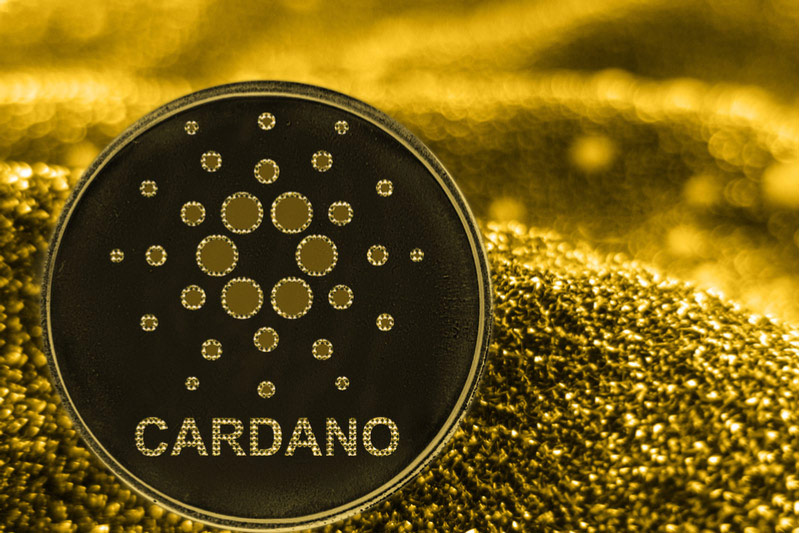
As the use of cryptographic forms of money grows in popularity, an increasing number of people are relying on sophisticated resources to acquire and sell the property.
Aloft in Braga, Portugal was sold for 3 BTC on Thursday in the first bitcoin-only land transaction, according to local media outlet Idealist.
The achievement was possible as a result of new principles that went into effect last month, establishing the guidelines for how property owners and realtors may sell houses for digital currency directly. Before the guidelines, anybody buying a property in Portugal using bitcoin had to convert it totally to euros at the time of purchase to complete the exchange and get the house deed.
“This deed addresses a significant accomplishment, the exchange of a computerized resource for a real resource – a home – with no changes in euros,” stated land organization Zome, according to the report, which participated in the transaction connected to a meeting of legal advisers and other accomplices.
The exchange of land for bitcoin has recently gained popularity in several parts of the world.
In November, La Haus, a pioneer in the Latin American property innovation (proptech) industry, announced that it will begin accepting BTC as payment for houses on-chain and on Lightning via a partnership with Bitcoin payment processor OpenNode.
La Haus sold its most noteworthy property for bitcoin two months later, linking the purchase of an apartment in Mexico for 5.78 BTC. In the next month, the group sold another property for bitcoin, the first in Colombia.
Carlos Santos, Zome’s chief innovation officer, believes the agreement would provide the company with new opportunities. According to Nuno da Silva Vieira, an attorney representing Antas da Cunha Ecija, the agreement has the potential to be an “amazing opportunity for growth and value creation” in Portugal.
Other Web3-related drives are now being developed by Zome and will be released “very soon,” according to the organization’s blog article conclusion.
Until last month, acquiring land with cryptocurrency required the buyer to first convert their digital currency holdings into euros. In any event, from that moment forward, Portugal’s Order of Notaries has developed explicit criteria for the generation of deeds for property transactions that are entirely guided by sophisticated resources.
An examination of the crypto values between when the deed was recorded and when the promissory agreement was endorsed, as well as between the dates of the two archives, would be important to survey whether the exchange was lawful assuming that it was worth more than 200,000 euros.










